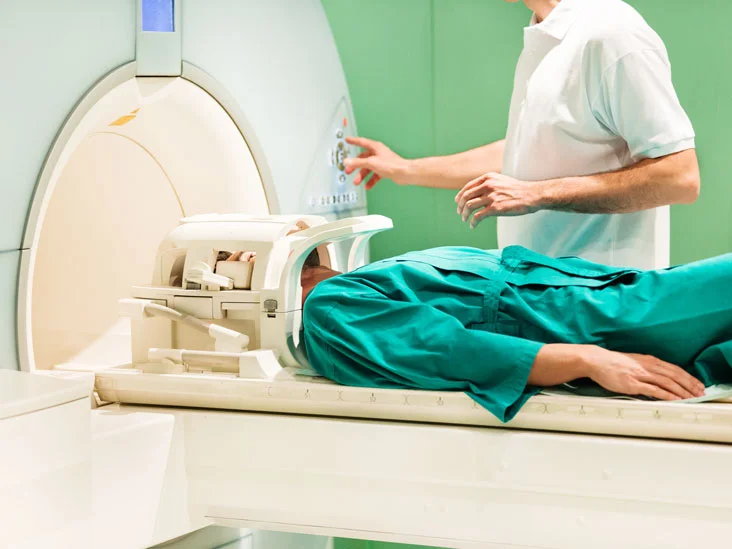Recent advancements and studies regarding multiple sclerosis promise better treatment and management options for multiple sclerosis. Multiple sclerosis is a long-term autoimmune disease that affects the nerves of the central nervous system resulting in physical and cognitive impairments.

BENEFITS OF EARLY DIAGNOSIS
A study conducted by Dr. Alvaro Cobo-Calvo at the Multiple Sclerosis Center of Catalonia and the Autonomous University of Barcelona Spain, informed that earlier diagnosis and treatment are capable of lowering the risk of long-term disability associated with MS.
In the study, the researchers studied 580 patients who underwent a first demyelinating event (a neurological symptom that can be new or recurring for example seizures) between the years 1994-2021 and were administered a disease-modifying drug. They divided patients into 4 groups depending on when the drug was administered ranging from the first months to a year and beyond. The researchers further assigned a Modified Rankin Score (MRS: disability score ranging from 1-5) depending on lesions of the central nervous system.
The study concluded that earlier diagnosis prevented the worsening of the symptoms and in some cases even maintained the disease from worsening. They observed that treatment within the first six months lead to a score of 3 which indicates that patients are still capable of walking, but may have problems such as balancing, coordination, muscle weakness, and more.
Many researchers and Doctors have further come forth in support of this study, providing testimonials regarding early testing and treatment of multiple sclerosis and the advantages of it.

RECENT DEVELOPMENTS
NEW DRUGS and TARGETS
Existing drugs against multiple sclerosis mostly affect the immune cells that travel to the brain. Recent research shows that glial cells present in the brain can further exacerbate the condition. M.D. Peter Calabresi believes that identifying drug targets on astrocytes and microglial cells will prove fruitful.
New drugs in the pipeline for treating multiple sclerosis include N-acetyl cysteine which prevents inflammation and CD40 inhibitors that act on immune cells inhibiting them. Focus is also aimed towards developing drugs that are capable of repairing the myelin sheath of nerves.
AGING AN ISSUE
Researchers believe that the worsening of multiple sclerosis is related to the duration of the disease. But according to Rhonda Voskuhl MD, it’s not the duration of the disease but the process of aging that worsens MS.
As a person ages the brain also undergoes neurodegeneration, which is normal. But when accompanied by a neurodegenerative disorder like multiple sclerosis itself the condition worsens.
Dr. Rhonda further goes on to point out the neuroprotective roles of hormones such as estrogen and testosterone as potential treatment options.
IDENTIFYING TARGETS FOR DIAGNOSIS
Researchers are focusing their attention on identifying new blood biomarkers to identify disease progression and patterns of relapse and remission. Scientists have identified two such biomarkers namely neurofilament light NFL and glial fibrillary acidic protein, both of which are components of neurons. When damage occurs these two compounds get released into the blood aiding in the diagnosis of MS.
Advancements in therapeutics and diagnostics are being made every day, paving the way for a better tomorrow for the treatment and management of multiple sclerosis.













